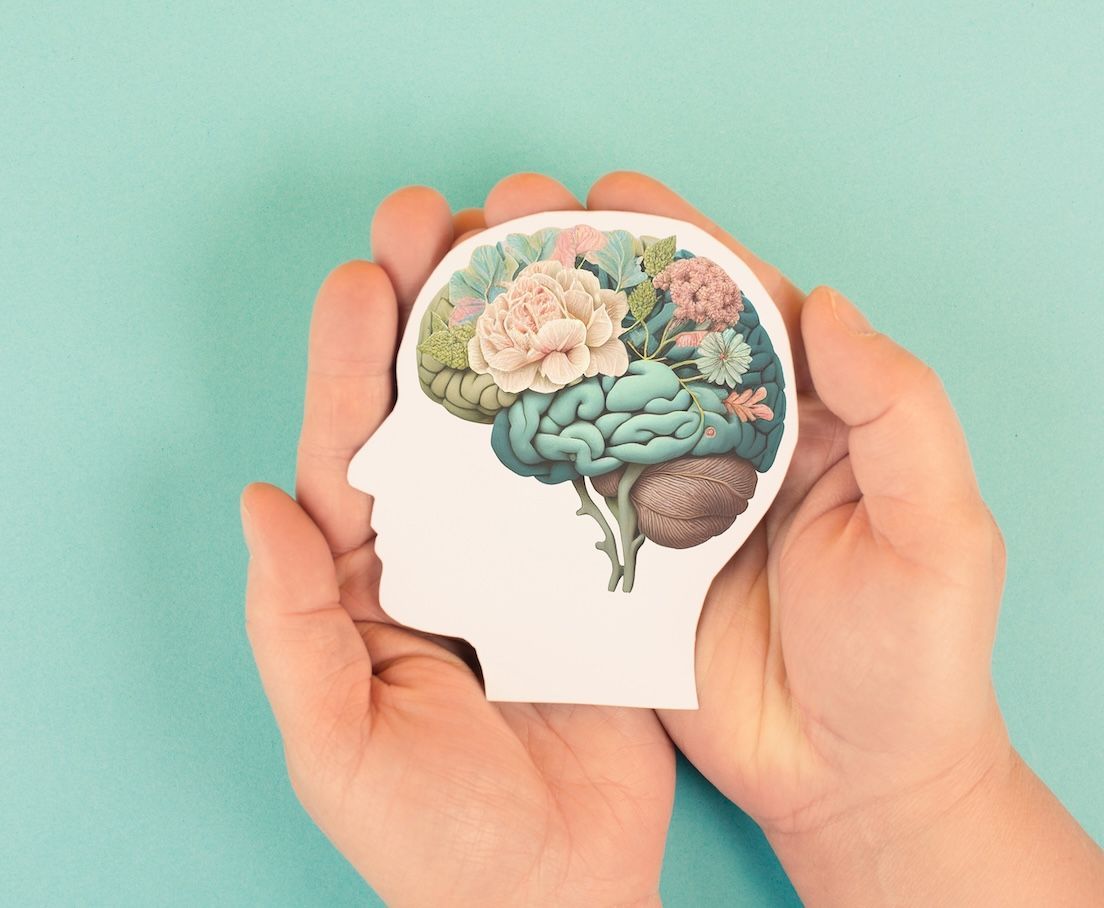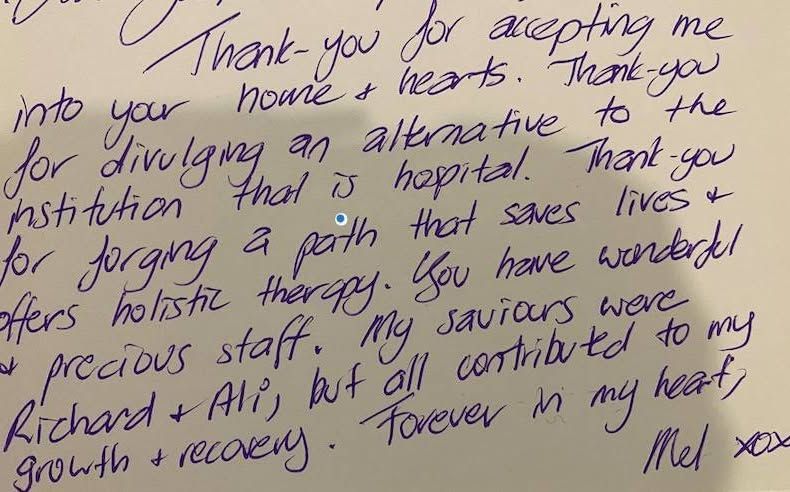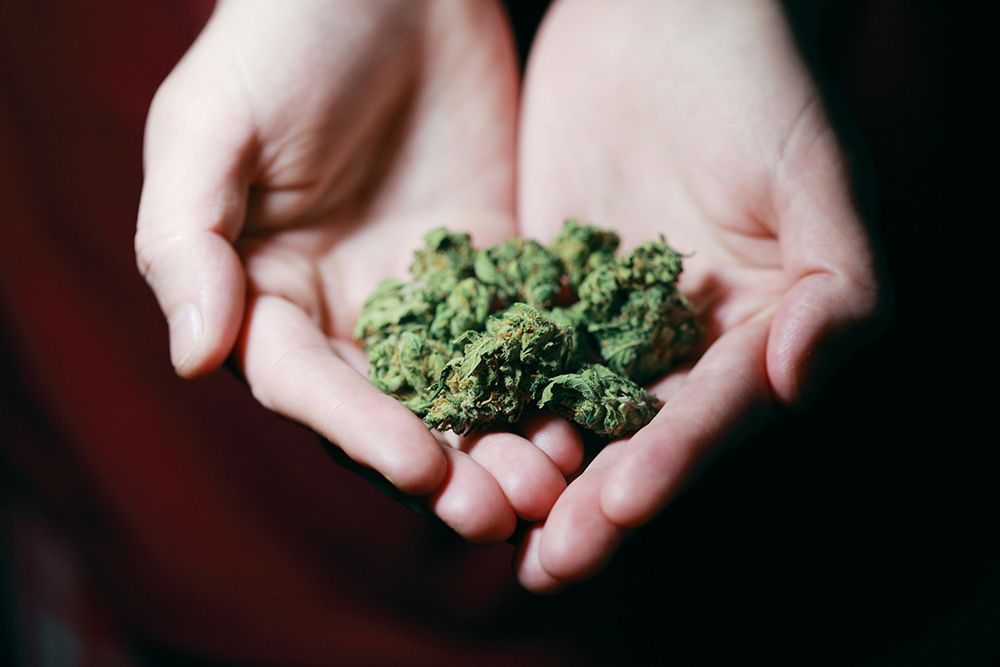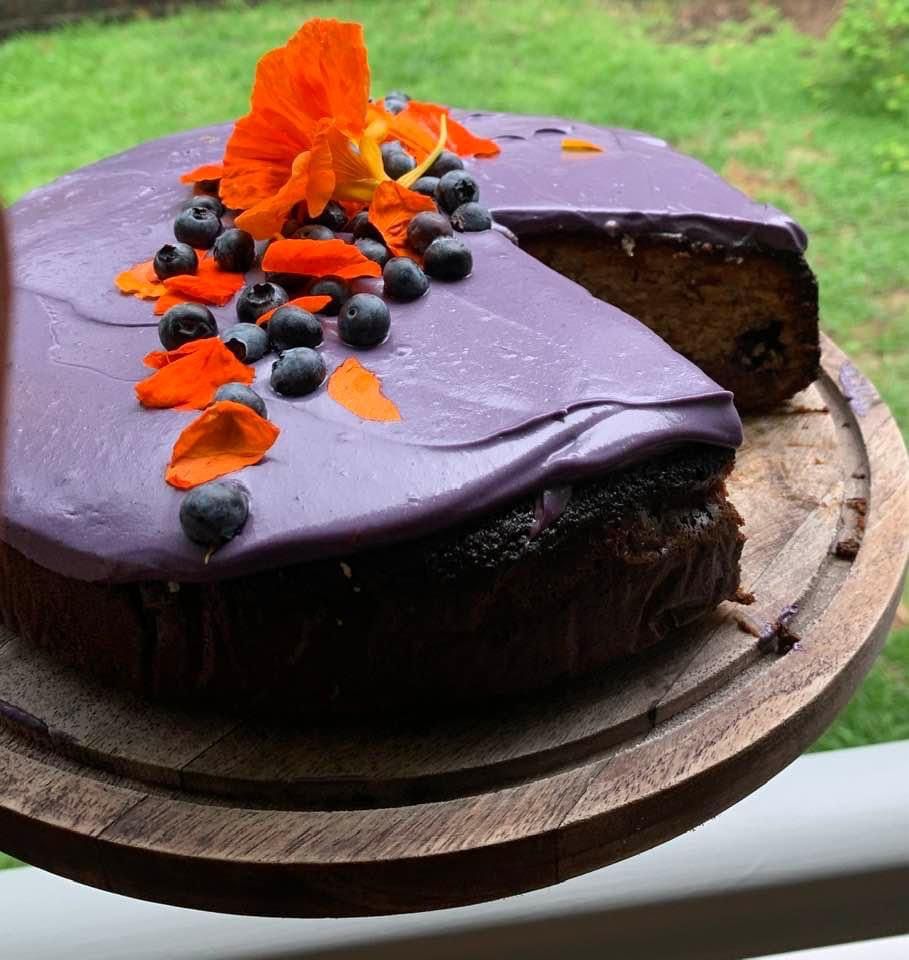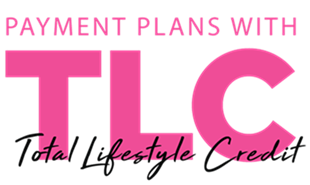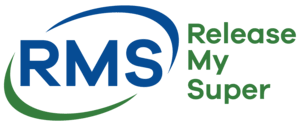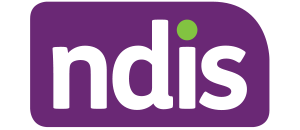Counselling On the Gold Coast
- 1:1 Counselling Daily
- No Group Therapy
- Quick Intake
- Private and Confidential
- Holistic Wellness
COUNSELLING SERVICES
At Gold Coast Detox and Rehab Services, our daily therapies include one-on-one counselling and group classes. Group therapy with personal sharing is not part of our program to preserve confidentiality.
Our therapists offer the following counselling strategies and therapies.
Psychology & Psychotherapy
We offer psychology and psychotherapy modalities. This aspect of your journey focuses on exploring and understanding all the aspects of yourself and your personal experience.
We aim to assist clients in understanding how past experiences influence and shape current responses and coping techniques. Whilst we focus on the here and now, the past simply provides us the platform for understanding. During this process, our techniques are tailored from client to client to assure we are addressing you as an individual.
Cognitive Behavioural Therapy (CBT)
CBT is a modality that focuses on bringing awareness to challenging and changing cognitive distortions (unhelpful thoughts, beliefs and attitudes) with their associated behaviours. CBT improves emotional regulations and helps individuals develop personal coping strategies surrounding current problems.
Acceptance & Commitment Therapy (ACT)
ACT therapy aims to develop and expand psychological flexibility. Psychological flexibility encompasses emotional openness and the ability to adapt your thoughts and behaviours to better align with your values and goals.
ACT therapy is focused on helping clients behave consistently with their own values and applying mindfulness and acceptance skills to their experiences. This process helps individuals to stop avoiding, denying and struggling with inner emotions. It also helps people to accept deeper feelings that are appropriate to their situation.
Discover the additional therapies we offer below. For enquiries, speak with our friendly team on
0476 468 860. We assist patients across the Gold Coast, Toowoomba, Brisbane, Rockhampton, Bundaberg, Hervey Bay, Gympie, Mackay, Cairns, Townsville and surrounds.
Psycho-dynamic Therapy
In Psychodynamic Therapy, individuals gain insight into their lives and present-day problems. They also observe patterns that develop over time. This is done by reviewing certain life factors, such as emotions, thoughts, early-life experiences, interpersonal relationships and beliefs.
Recognising recurring patterns can help people see how they avoid distress or develop defence mechanisms to cope. This insight may allow them to begin changing those patterns.
The goals of Psychodynamic Therapy are self-awareness and understanding of the past based on present behaviour. In its brief form, a Psychodynamic approach enables the client to examine unresolved conflicts and symptoms that arise from past dysfunctional relationships and manifest themselves in the need and desire to abuse substances.
Motivational Interviewing
Motivational Interviewing is a counselling method that enhances motivation through the resolution of ambivalence. This process includes:
- Engaging – establishing a working relationship and connection with the person.
- Focusing – developing and maintaining the direction of the conversation towards behaviour change.
- Evoking – drawing out the person’s own motivation for change.
- Planning – helping the person develop a commitment to change and a plan of action.
The process consists of engaging the individual, deciding on what to change, evoking their reasons for making the change and agreeing on a concrete plan.
Solution-Focused Therapy
Solution-Focused Therapy is a goal-focused, evidence-based therapeutic approach. It incorporates positive psychology principles and practices which help clients find solutions rather than focusing on problems.
It is a friendly, hopeful and future-oriented approach for creating, achieving and sustaining desired behavioural change.
In this modality, your sessions are all about the present, while working toward a future where your current problems have less of an impact on your life.
Narrative Therapy
Narrative Therapy is a style of therapy that helps people become an expert in their own lives. In Narrative Therapy, there is an emphasis on the stories that you develop and carry with you through your life.
As you experience events and interactions, you give meaning to those experiences. They then influence how you see yourself and the world. You can carry multiple stories at once which relate to your self-esteem, abilities, relationships and work.
Relapse Prevention
Relapse Prevention is a cognitive-behavioural approach to addiction relapse with the goal of identifying and preventing high-risk situations around unhealthy substance use.
Relapse Prevention provides a framework to understand individual circumstances that may hinder the recovery process and put clients at risk of relapse. It is a process of identifying and developing strategies to minimise the risk of this happening. This involves empowering the person to develop greater insight into situations where managing recovery may be more difficult and develop other ways to cope in these situations.
Brief & Early Intervention
Brief Interventions include screening and assessment of all patients for their alcohol or other drug use. This then allows the clinician to provide information and advice to reduce the harms associated with risky use.
This approach is used for a variety of substance abuse problems from at-risk use to dependence. Brief interventions can help clients reduce or stop abuse and work towards their first step in the treatment process. It will determine if clients can stop or reduce on their own and acts as a method to change specific behaviours before or during treatment.
NDIS: Respite & STA
At Gold Coast Detox and Rehab Services, we offer a range of STA and respite programs made to meet the needs of each individual.
Respite falls under NDIS-accepted funding. We offer respite for all NDIS members in relaxing, homestead-style accommodation. We provide 24-hour support and care, with chef-prepared meals, your own bathroom and private balcony. You are welcome to bring your personal carer if you prefer. Our respite activities include music, art and exercise onsite. Offsite activities include yoga, massage and acupuncture. We also offer recreational outings such as walking, golf, bowling, hiking, sailing, surfing, etc.
Short Term Accommodation (STA) will appear in your NDIS Plan under Core Supports. STA provides support and accommodation for a short period to help you and your carers rest and recover. This covers the cost of care outside your home and all the support you need during your time away from home. Support from STA can significantly increase your independence or help you learn new skills.
Accommodation is only one part of STA and respite. The cost of your care, food and activities are all covered. We have qualified counsellors each day offering 1:1 counselling as part of your stay.
If you need to reduce or change your medication (with your doctor’s permission), our trained nursing staff and support workers can supervise your transition. We can collaborate with you and your Local Area Coordinator, Support Coordinator or Plan nominee to plan your Short-Term Accommodation (STA).
Complementary therapies
We also believe addiction recovery responds well to specialised intervention alongside complementary therapies.
Finding emotional balance and mental relaxation is vital to prevent relapse. Our team will help you design a wellbeing routine that will suit your recovery program.
The following substances require support:
- Cocaine
- Alcohol
- Methamphetamine (Ice)
- Amphetamine (Speed)
- MDMA (Ecstasy)
- Cannabis
- Hallucinogens (LSD, PCP, Magic Mushrooms (psilocybin), DMT, Ketamine etc)
- Benzodiazepines
- Heroin
- Other Opiates; Codeine, Morphine, Pethidine, Fentanyl, etc.
- Pharmacotherapy/Opiate Substitute withdrawal (Methadone, Buprenorphine, Suboxone)
- Pharmaceutical withdrawal and/or tapering is down under direction of your treating doctor
Medical Cannabis (CBD & THC)
Medicinal cannabis is now a legal medical treatment for many symptoms, such as pain, anxiety and insomnia. Our nursing team is experienced in helping clients in their transition from addictive medications, such as opioids and benzodiazepines (Panadeine Forte, Targin, Fentanyl, Valium and Xanax).
A specialised registered medical practitioner can prescribe a cannabis oil formulation specific to your needs, with a variable CBD:THC ratio. Each client is titrated up to a suitable dosage over a period of days or weeks.
Clients can be only prescribed medicinal cannabis if there has been no social marijuana usage.
Food & nutrition
We believe in the health-promoting effects of home-cooked meals and the benefits of enjoying your meals. Our kitchen provides healthy gourmet-meals designed and supervised by a qualified nutritionist. Meals are prepared according to fresh wholefood principles, with foods that promote detoxification, mental health and energy, such as fresh fruits, salads and vegetables. Eating local seasonal produce is important to us.
Enjoying food is important during your detox, so we also love to lash out and have freshly made cakes for afternoon tea and desserts after dinner. Clients are offered coffee and tea with breakfast, followed by decaffeinated beverages after lunch. Fresh juices and smoothies are available during the day.
We cater to all food requirements and tastes. If you have any food cravings during your stay, we would be only too happy to accommodate you. If you have a craving for chocolate, we’ve got chocolate. Our cook is happy to accommodate for vegetarians, vegans and allergy sufferers. The menu does include dairy, fish, chicken and red meat for non-vegetarians.
ONsite & Offsite Activities
Some of the activities are onsite and others are offsite. Clients participate in music, art, dancing, sports during their rehab schedule. On weekends we organise a range of external activities such as go-carting, archery, sailing, bowling, virtual reality, swimming, hiking, indoor skydiving, etc. Life is busy so bring your computer and phone to stay in contact with loved ones and work.
Take a look at our counsellor and helicopter pilot Alex flying with our clients
“Flying is better than alcohol”, says one of our clients.

